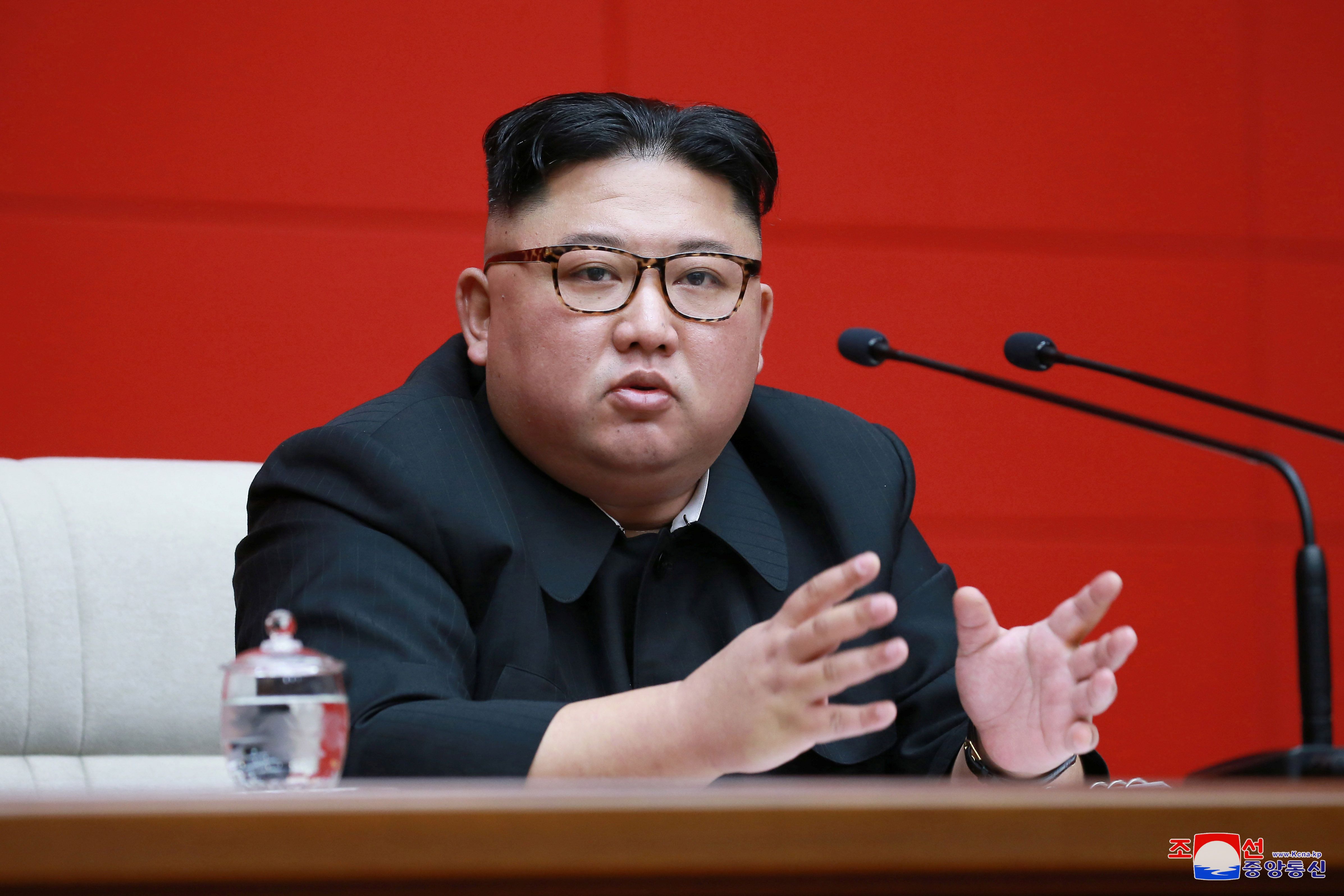April 18, 2019
Kim Jong-un wants to remind the world—and Donald Trump in particular—that he remains an unsolved problem.
On Thursday, North Korean state-run media claimed the DPRK's military has test-fired a new type of "tactical guided weapon," its first weapons test in months.
Then the North Korean government insisted that President Trump remove Secretary of State Mike Pompeo from future nuclear negotiations and replace him with someone "more careful and mature in communicating with us." (Kim clearly didn't like Pompeo's infamous "knock-knock" jokes.)
Upshot: Kim probably calculates that his bid to lift US sanctions and attract international investment in exchange for vague promises on "denuclearization" has ground to a halt, and that he has little to lose by shaking things up. But his insistence that the US approach future negotiations with a "new attitude" and his latest bid to bang pots and pans for international attention suggest Mr. Kim still has much to learn about how to draw a positive response from Donald Trump.
More For You
Mastercard Economic Institute's Outlook 2026 explores the forces redefining global business. Tariffs, technology, and transformation define an adaptive economy for the year ahead. Expect moderate growth amid easing inflation, evolving fiscal policies, and rapid AI adoption, driving productivity. Digital transformation for SMEs and shifts in trade and consumer behavior will shape strategies worldwide. Stay ahead with insights to help navigate complexity and seize emerging opportunities. Learn more here.
Most Popular
Think you know what's going on around the world? Here's your chance to prove it.
Miami Mayor-elect Eileen Higgins points as she thanks her staff and supporters on the night of the general election, on Tuesday, Nov. 4, 2025.
Carl Juste/Miami Herald/TNS/ABACAPRESS.COM
A Democrat won Miami’s mayoral race for the first time in nearly 30 years. The Republican defeat will ring some alarms for the party – and their support among Latino voters.
Women work in the plastic container assembly area inside the El Oso shoe polish factory, located in Mexico City, Mexico, in its new facilities, after officers from the Secretariat of Citizen Security and staff from the Benito Juarez mayor's office arbitrarily and violently remove their supplies, raw materials, machinery, and work tools on January 17 of this year following a coordinated operation stemming from a private dispute. On August 27, 2025.
Photo by Gerardo Vieyra/NurPhoto
50: Mexico’s President Claudia Sheinbaum is taking a page out of US President Donald Trump’s book, implementing up to a 50% tariff on more than 1,400 products in a bid to boost domestic production.
© 2025 GZERO Media. All Rights Reserved | A Eurasia Group media company.
